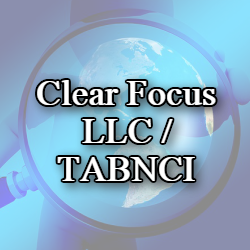Your HR Team Needs Ongoing Training
In today’s day and age, the workplace moves just as quickly as the world around it. One of the most efficient ways to boost engagement and retention rates among your employees is continued education. Professional development is growing more and more crucial in today’s workplace.
Why Is Ongoing Training Important?
According to a recent Gallup poll, millennial turnover due to lack of engagement costs the United States up to $30.5 billion annually. This is why taking every step possible to increase the retention rate of your employees is a sound investment for your business. Continued education not only helps your employees stay up-to-date with an ever-changing workspace, but it also leads to stronger investment in the company.
Despite the narratives against them, millennials are taking over the working world and getting them invested can make or break a company. 87% of millennials say that professional development is important in a job. They also say that continuing education is a great investment in your employees and company.
What Are the Benefits?
The more businesses invest in their employees, the better their returns. HR Magazine conducted a study that shows investing $1,500 or more per employee per year on training averages 24% higher profit margins.
These companies report higher profit margins than companies with lower yearly training investments. Here are some of the results from an American Society for Training and Development study:
- Firms that offer comprehensive training have a 218% higher income per employee than those with less training
- Firms that offer comprehensive training enjoy a 24% higher profit margin than those with less training
- Those firms also generate 6% higher shareholder returns if the training expenditure per employee increased by $680.
What Can Ongoing Training Do For Your Company?
- Boost your employee’s confidence – Ongoing training reassures your employees of two important things. One, the company cares about them and their success and two, confidence that they aren’t being left behind.
- Get the most out of your investment – You’re already invested in your employees and the technology they use. Ongoing training ensures that you’re getting the most out of that investment.
- Keeps your employees happy – Investing in your employees lets them know that you care about them. This will help with retention and preventing high turnover rates.
Invest in training your HR team, because it will help your overall company. The better they can do their job, the better the rest of the team will perform. If they know how to handle the things that come across their desk, then your employees will stay on longer.
We would love to hear your comments on this article or any of our latest articles.
Gary Brunson
gary@myclearfocus.com
Debra Rider
debra@myclearfocus.com
574.361.2674
Sustainable Growth & Profit Consultant, Coach, Mentor and Counselor/Therapist for Business Owners and Professionals.




